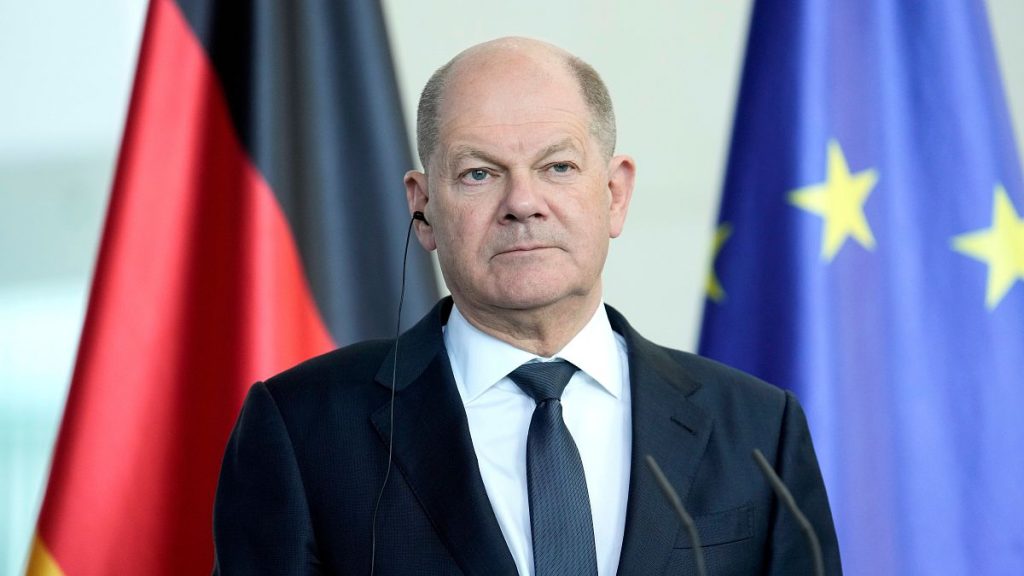Over 1,000 people participated in a demonstration in Hamburg, with some calling for the establishment of a caliphate. This raised alarm in Germany, with Chancellor Olaf Scholz stating that there would be “consequences” for the large Islamist rally. The demonstration was linked to the extremist organisation “Muslim Interactive,” which Germany’s domestic intelligence services classify as such. Scholz emphasized that all Islamist activities must be addressed using the legal framework of the constitutional state, and any criminal acts would be prosecuted.
Interior Minister Nancy Faeser also spoke out against the call for a caliphate, affirming that Germany is not the place for such ideologies. The demonstration comes at a time when the German government is facing criticism for not adequately protecting Muslims and those perceived to be Muslims from discrimination. Human Rights Watch has pointed out that Germany lacks a working definition of anti-Muslim racism, which hampers efforts to address the issue effectively. Almaz Teffera, a researcher at the NGO, highlighted the need for a better understanding of anti-Muslim hate and discrimination in order to develop a more targeted response.
By the end of September 2023, the government’s preliminary hate crime statistics revealed an increase in “anti-Islamic” crimes, with 686 incidents recorded, surpassing the total for the previous year. This data underscores the growing issue of Islamophobia in Germany and the need for stronger measures to combat it. The lack of a clear understanding of the nature of anti-Muslim hate and discrimination in the country is seen as a key obstacle to addressing the problem effectively. Community outreach and data collection are identified as important components of any strategy to tackle anti-Muslim racism.
The rise in anti-Muslim crimes in Germany reflects a broader trend of Islamophobia and discrimination against Muslims in the country. The call for a caliphate at the demonstration in Hamburg further highlights the challenges faced by Muslim communities in Germany. Authorities are under pressure to take action to address these issues and protect vulnerable populations from hate and discrimination. The government’s response to the rise in anti-Muslim crimes will be closely watched, with calls for a more comprehensive approach that includes community engagement and data collection to inform policy decisions.
The lack of a clear definition of anti-Muslim racism in Germany is seen as a significant barrier to addressing the issue effectively. Without a better understanding of the nature and extent of anti-Muslim hate and discrimination, efforts to combat Islamophobia will be limited in their impact. The German government is urged to take stronger action to protect Muslims and other vulnerable communities from discrimination and hate crimes. The demonstration in Hamburg serves as a stark reminder of the challenges faced by Muslims in Germany and the urgent need for a coordinated response to address anti-Muslim racism.


